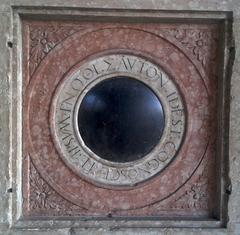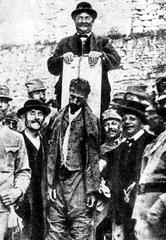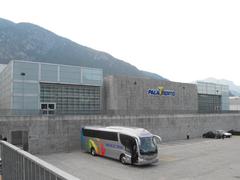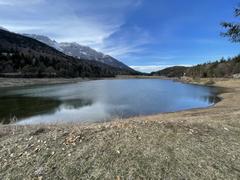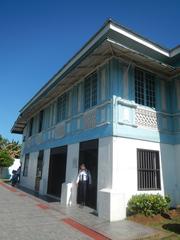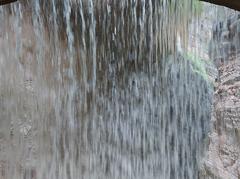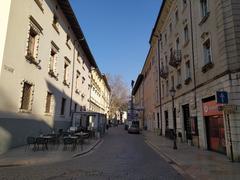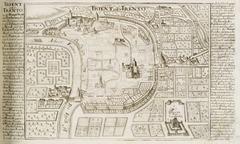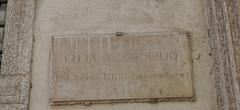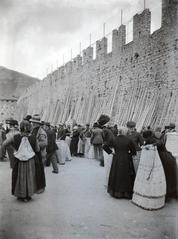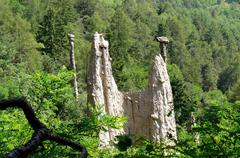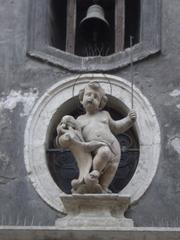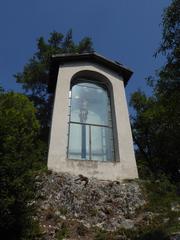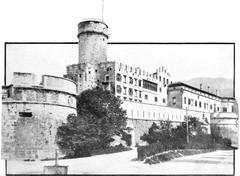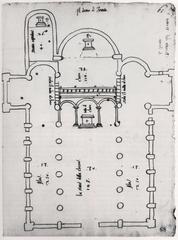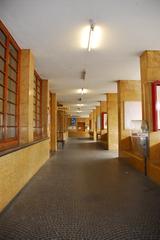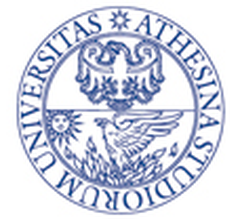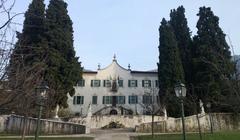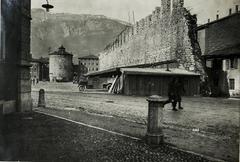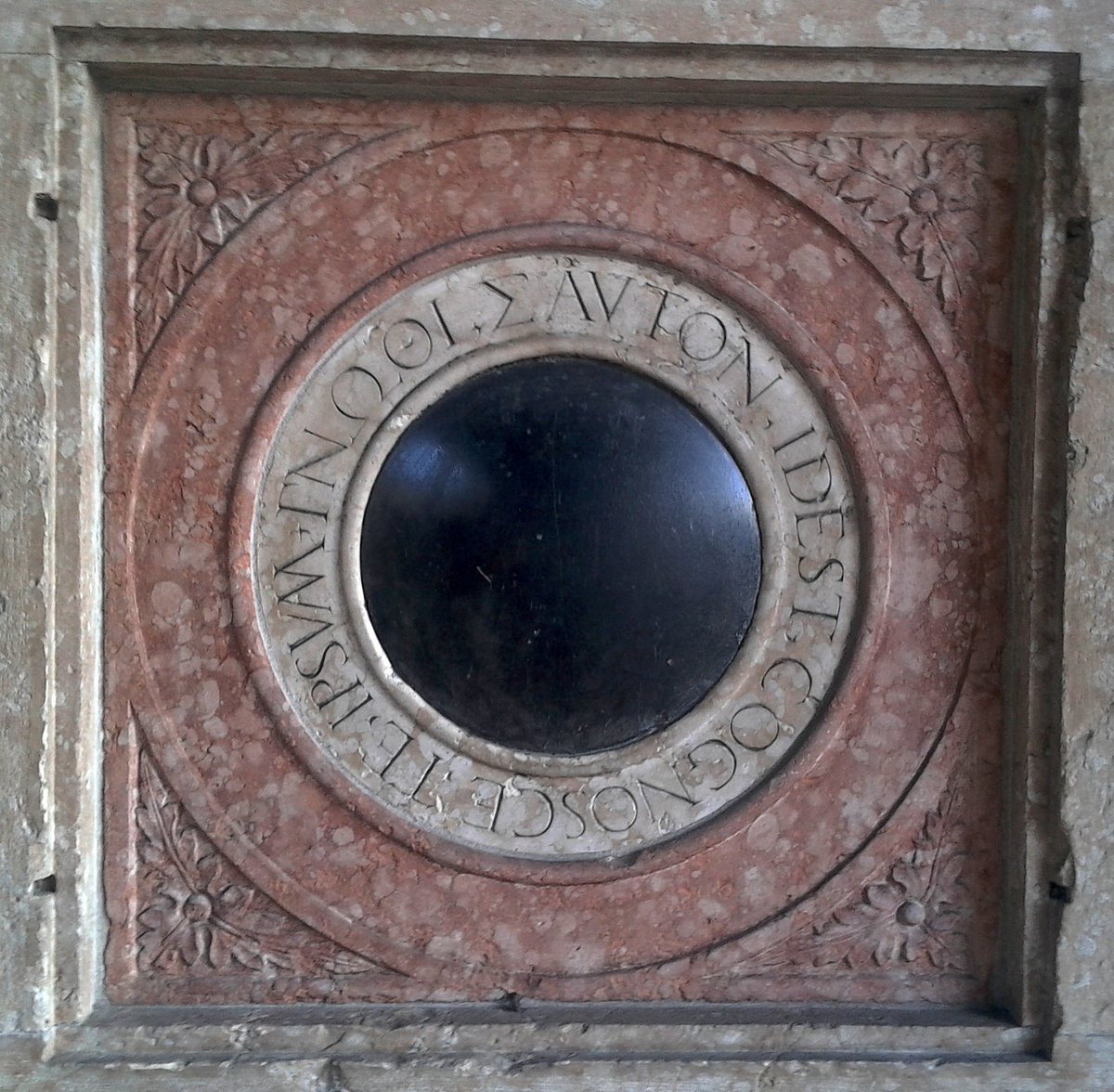
Buonconsiglio Castle Visiting Hours, Tickets, and Trento Historical Sites Guide
Date: 14/06/2025
Introduction
Perched atop a scenic hill overlooking the city of Trento, Buonconsiglio Castle stands as the largest and most significant monumental complex in the Trentino region. With a history spanning more than seven centuries, the castle is an architectural and cultural icon that reflects the evolution of Trento from a medieval stronghold to a vibrant Renaissance and Baroque city. This guide offers a comprehensive overview of Buonconsiglio Castle’s history, visiting hours, ticketing options, accessibility, and nearby attractions. Whether you are a history enthusiast, art lover, or first-time visitor, this article will help you plan an enriching and memorable experience in Trento.
For the latest visitor information and event updates, refer to the official Buonconsiglio Castle website and the Trento tourism office.
Table of Contents
- Introduction
- History and Cultural Significance
- Visitor Information
- Highlights & What to See
- Travel Tips and Nearby Attractions
- Frequently Asked Questions (FAQ)
- Conclusion
- Sources
History and Cultural Significance
Medieval Origins and Early Development
Buonconsiglio Castle’s origins trace back to the 13th century, when it was constructed as a fortified residence for the Prince-Bishops of Trento. The earliest section, Castelvecchio (“Old Castle”), was completed around 1239 and functioned as both a defensive stronghold and a symbol of ecclesiastical authority (Castle Tourist). The castle’s strategic location atop a rocky spur allowed its occupants to dominate Trento both physically and politically, while its robust medieval architecture—thick walls, towers, and a Gothic gate—underscored its military function.
Renaissance Expansion and Artistic Flourishing
The Renaissance era brought significant expansion under Bishop Bernardo Clesio, who commissioned the Magno Palazzo (“Grand Palace”) in the 16th century. This elegant wing introduced Renaissance aesthetics to the castle, featuring loggias, frescoes, and refined interiors. Artists like Girolamo Romanino, Dosso Dossi, and Marcello Fogolino adorned the palace with frescoes depicting mythological, biblical, and historical scenes, blending Italian and Alpine influences (Explorial).
The Cycle of the Months in Torre Aquila
One of the castle’s greatest artistic treasures is the Cycle of the Months frescoes in the Torre Aquila (Eagle Tower). Painted at the turn of the 15th century, these late Gothic frescoes present a vivid, month-by-month panorama of medieval life, capturing aristocratic leisure, rural labor, and seasonal landscapes (Italia.it). The Cycle is celebrated for its detail and realism, offering unique insights into the society, fashion, and customs of the time. Access is by timed entry and requires a supplementary ticket (Buonconsiglio Official).
Baroque Additions and Later Modifications
In the 17th century, Bishop Francesco Alberti Poja commissioned the Giunta Albertiana, a Baroque wing that physically unified the older medieval and Renaissance sections. This addition introduced grand staircases and ornate interiors, reflecting the ongoing influence and aspirations of the Prince-Bishops (Winedharma).
Role in the Council of Trent
Buonconsiglio Castle played a supporting role during the Council of Trent (1545–1563), serving as a residence and administrative center for church dignitaries and diplomats (Council of Trent - Britannica). The council, a pivotal event in Catholic Reformation history, further enhanced the castle’s status as a center of European religious and political life.
Modern History and Restoration
After the secularization of the Prince-Bishopric in 1803, the castle served various functions, including as barracks and a prison during Austrian rule. In World War I, it became a site of national memory with the execution of Italian patriot Cesare Battisti (Museo Castello del Buonconsiglio - Cesare Battisti). Declared a national monument in 1924 and restored throughout the 20th century, Buonconsiglio Castle now operates as the principal museum of Trento, preserving and interpreting centuries of regional history (Buonconsiglio Official).
Visitor Information
Visiting Hours (2025)
- Spring/Summer (April 12 – July 31): 09:30 – 17:00
- August (August 1 – 31): 09:30 – 18:00
- Autumn (September 1 – November 2): 09:30 – 17:00
- Late Autumn/Winter (November 3 – December 12): 09:30 – 17:00
- Special Holidays: December 25 (closed), January 1 (10:00 – 17:00), January 2–6 (09:30 – 17:00)
Hours may vary for special events or extraordinary closures. Always check the official website before your visit.
Ticket Options and Prices
- Standard Adult Ticket: €10.00 (30% discount with Trentino Guest Card)
- Reduced Ticket: €8.00 (age 65+, groups 15+)
- Youth Ticket: €6.00 (ages 15–26)
- Family Ticket: €20.00 (2 adults + children under 18), €10.00 (1 adult + children under 18)
- Torre Aquila Supplement: +€2.50 (required for the Cycle of the Months frescoes)
- Free Admission: Children up to 14 years, visitors with disabilities
Combined Ticket for 5 Castles:
- €20.00 (standard), €15.00 (reduced): Access to Buonconsiglio, Castel Beseno, Castel Stenico, Castel Thun, and Castel Caldes
Tickets are available online and on-site. Advance booking is recommended, especially for Torre Aquila and during peak periods (Buonconsiglio Official).
Accessibility
Buonconsiglio Castle is committed to improving accessibility, with a new elevator installation underway in 2025. Many areas are accessible to visitors with reduced mobility, though some historic sections (towers, upper floors) may pose challenges. Contact the staff in advance for assistance or specific needs (Buonconsiglio news).
Guided Tours and Educational Activities
- Guided Tours: Available in multiple languages, covering the castle’s history, art, and architecture.
- Workshops: Family-friendly activities themed around medieval life, art, and archaeology.
- Special Events: Temporary exhibitions, concerts, and evening openings, especially in summer and on Fridays.
Advance booking is advised for tours and events (Buonconsiglio Official).
Highlights & What to See
Architectural and Artistic Features
- Castelvecchio: The original medieval fortress, with defensive towers and thick stone walls.
- Magno Palazzo: Renaissance palace with frescoes by Romanino, Dossi, and Fogolino.
- Giunta Albertiana: Baroque wing with grand staircases and ornate interiors.
- Torre Aquila: Eagle Tower housing the famed Cycle of the Months frescoes.
Museum Collections
- Archaeological Artifacts: From the Bronze Age, Roman era, and early Middle Ages.
- Paintings and Sculptures: Spanning from the Carolingian period to the Rococo, including works by Gianbattista Lampi.
- Decorative Arts: Majolica-tiled stoves, Murano glass, tapestries, and period furnishings.
Gardens and Outdoor Spaces
- Italian Garden: Formal Renaissance garden with geometric designs.
- Panoramic Walkways: Views of Trento and the Adige Valley.
- Courtyard of the Lions: Renaissance courtyard with arcades and remnants of the historic fountain.
Notable Rooms and Spaces
- Sala Grande: Imposing reception hall with rich decorations.
- Library and Refectory: Vaulted ceilings and period décor.
- Prison Cells: Used during World War I, notably for Cesare Battisti.
- Stua Grande and Stua delle Figure: Wood-paneled rooms with painted and carved decorations.
Travel Tips and Nearby Attractions
- Advance Booking: Recommended during weekends, holidays, and special exhibitions.
- Duration: Plan for 2–3 hours for a comprehensive visit.
- Photography: Allowed in most areas for personal use; flash and tripods may be restricted.
- Languages: Information available in Italian, German, and English; guided tours in other languages can be arranged.
- Weather: Mostly indoors, with gardens best enjoyed in warmer months.
- Nearby Attractions:
- Trento Cathedral (Duomo di San Vigilio)
- Piazza Duomo
- MUSE Science Museum
- Historic old town streets and shops
Frequently Asked Questions (FAQ)
Q: What are Buonconsiglio Castle’s visiting hours?
A: The castle is open year-round, typically 09:30 – 17:00, with extended hours in August. Closed on December 25.
Q: How can I purchase tickets?
A: Tickets are available online and at the entrance. Advance booking is recommended, especially for Torre Aquila.
Q: Is the castle accessible for visitors with disabilities?
A: Most main areas are accessible, with improvements ongoing. Some historic sections may remain challenging.
Q: Are guided tours available?
A: Yes, in multiple languages. Advance booking is recommended.
Q: Can I visit Torre Aquila and see the Cycle of the Months frescoes?
A: Yes, but access requires a supplementary ticket and timed entry.
Q: What other historical sites can I visit nearby?
A: Trento Cathedral, Piazza Duomo, and the MUSE Science Museum are all within walking distance.
Conclusion
Buonconsiglio Castle is a living chronicle of Trento’s past—an architectural marvel, a repository of art, and a symbol of local identity. Its layered history, from medieval fortress to Renaissance palace and Baroque residence, is reflected in every stone and fresco. With practical amenities, guided tours, educational programming, and proximity to other notable Trento attractions, Buonconsiglio Castle promises a rewarding visit for every traveler.
For the best experience, check official visiting hours and ticket options in advance, consider booking a guided tour, and explore the castle’s gardens and museum collections. To further enhance your visit, download the Audiala app for interactive audio tours and follow the castle’s social media channels for news on exhibitions and events.
Start your journey into Trento’s rich heritage—Buonconsiglio Castle awaits!
Sources
- Buonconsiglio Official
- Castle Tourist
- Visit Trentino: Buonconsiglio Castle
- Italia.it: Buonconsiglio Castle
- Trentino.com: Castello del Buonconsiglio Museum
- Council of Trent - Britannica
- Explorial: 10 Fun Facts About Trento
- Buonconsiglio news - 2024/2025
- Winedharma: The Legacy of Trento’s Prince-Bishops
- ShegoWandering: Reasons to Visit Buonconsiglio Castle
- BimbeInViaggio: Visiting Buonconsiglio Castle with Children
